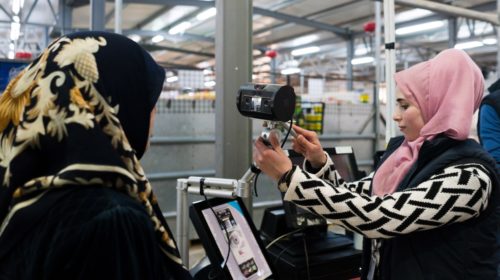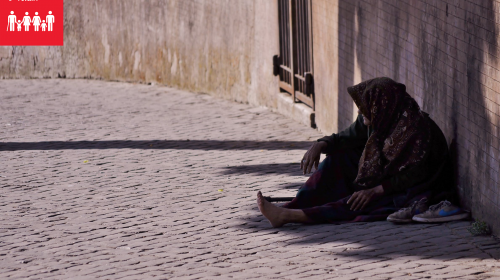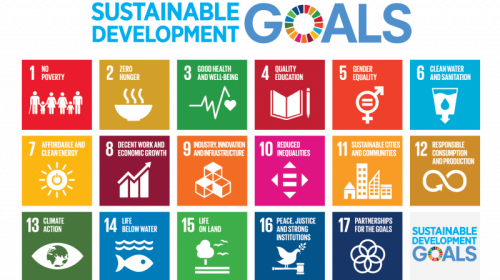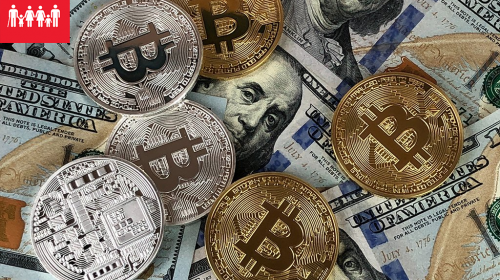Various reports and the number of Blockchain use cases implemented suggest that the financial sector stands to gain the most from Blockchain-based service implementations. Some of the many use cases discussed below are to highlight only the most obvious use cases. Trade Finance In trade finance Stock and Share sale and purchase transactions that can sometimes take two to three day are made through brokers and exchanges for clearing and settlement it requires tedious processing through paper and electronic media. Each party including middlemen maintain their record of transactions or…
Tag: No Poverty
Inside the Jordan refugee camp that runs on blockchain
Syrian refugees could regain legal identities that were lost when they fled their homes. by Russ Juskalian Apr 12, 2018 A few times a month, Bassam pushes a shopping cart through the aisles of a grocery store stocked with bags of rice, a small selection of fresh vegetables, and other staples. Today he’s wearing a black sweater tucked into denim jeans, which are themselves tucked into calf-high boots caked in mud. The Tazweed Supermarket, where he’s shopping, is on the periphery of a 75,000-person refugee camp in the semi-arid Jordanian steppe,…
Blockchain and Its Application for Agri Policy Makers – 5 Innovative Use Cases..
Blockchain has been gaining momentum and innovative companies across the globe are coming up with various applications for it. Nearly $4bn was poured in by venture funds into Blockchain startups in 2018. Can this technology really have application for the Agriculture public policy makers ? In the last few weeks, I have had opportunity to meet and discuss with policy makers in South East Asian countries on various applications of Blockchain relevant for them. Here are some of their most pressing use cases: Food Traceability- Food safety is a big…
Is Blockchain Technology the Answer to Ending Poverty?
How blockchains can tackle the UN Sustainable Development Goals
Post by: Rob Gear Blockchain is fundamentally a technology of trust, but transformative possibilities to benefit society more broadly are emerging. One area of blockchain’s potential that excites me is in helping capitalise on the $12 trillion opportunity of the UN’s Sustainable Development Goals (SDGs). We’re a partner of the UN Global Compact’s Project Breakthrough, which is helping companies embed sustainability in the innovation pipeline to tackle the SDGs. As part of this, we researched and wrote a series of executive briefs on how disruptive technologies could help organisations do…
How Will Blockchain Help Those Living Below the Poverty Line?
About half the world population, over 3 billion people, survive on less than $2.50 in a day. Moreover, 80% of the folks live on fewer than $10 per day. The most recent estimates by the World Bank also reveal a similar, gloomy picture. 10% of the global population lived on less than $1.90 per day as of 2015. In contrast, 11% of the world population lived on USD 1.90 in a day in 2013. So, there’s some improvement. However, there’s still a lot that needs to be done. Fortunately, in…







